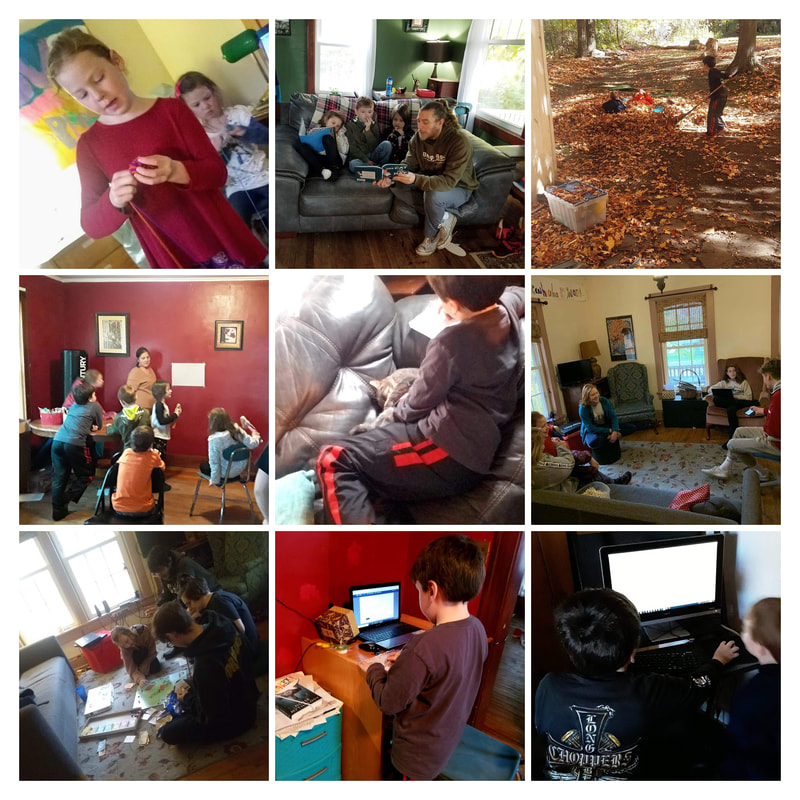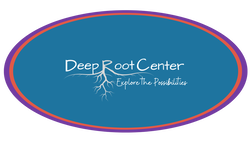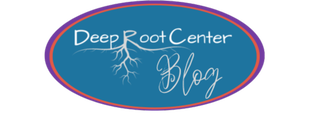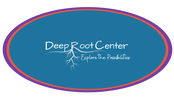|
Childhood Trauma is life-altering. No one can negate that fact. Neural pathways and general brain chemistry are damaged for those who have endured either a one-time traumatic event or long-term, sustained trauma. There is a general recognition that children and teens are at a greater risk than adults who experience similar harm because their brains are developing and growing. There are entire professional conferences and training that address and teach the “Trauma-Informed Approach.” I am not going to delve too deeply into this latest buzz phrase in the field, except to say, like so many things in the professional educational world that are commoditized and standardized, , in my mind, provide little in a practical or individualized application. I firmly believe that trauma-informed care cannot be accomplished in a coercive, institutional setting. To offer something that requires personal connection and open minds in a facility that does not provide freedom of choice or self-determination for the practitioner or the child is, truthfully, an oxymoron. The triple threat of poverty, anxiety, and depression exists because of trauma. The resulting apathy, disenfranchisement, hopelessness, and anger are continuously fed by that preexisting damage. We cannot solve society's problems with the band-aid of Trauma-Informed Care. Our response requires a complete cultural shift that places compassion before judgment or blame, people above profit, engagement beyond detachment, and freedom without coercion. Children who are living with PTSD need personalized, adaptable, compassionate, and loving connections, not an inflexible, “one-size fits most,” “cure-all” that feels cold and clinical. They don’t want a “safe room” (padded solitary cell) where they can “de-escalate” on their own. They do want a comfortable space where they can vent to a safe and trusted person. They do not need confrontation or condemnation – they do need empathy and understanding. They should not have to change themselves to fit into a particular environment – the environment should be accommodating for everyone. They won’t recover in a system designed to change behavior with punishments and rewards. They quite simply need to heal in a place with caring people who will provide flexible tools- to recover on their own schedule and in their own way. *This is Part One in a two-part series. Next week, I will discuss how the effects of Childhood Trauma present at DRC and how it informs everything we do.  DRC News DRC Fundraising Store  Students in the DRC DIY/crafting class have decided to sell some of their creations as a fundraiser for Deep Root Center. They are starting out with up-cycled braided dog toys and will be expanding to other pet related items soon. Check out their on-line store here. All purchases go toward DRC fee reduction program. After-School Program
We are in the process of developing an After-School Program for children who attend other schools in the area. This program will offer the time and space for kids to dive in and investigate all the interests they have, but don't have time to do during a regular school day. The entire Deep Root Center facility will be open for kids to build and create, play and explore (indoors and outside), as well as chill and relax. The lead staff person will have a background in STEAM education and will be available to provide guidance in a variety of projects based on the specified desires of the attendees. We will be seeking 10-12 participants for the Pilot Program that will run from January - June 2020. Like our regular programs, we anticipate this will fill in quickly. Get in touch to be placed on our enrollment list. Fees will be posted soon. Family discounts will also be available.
0 Comments
Your comment will be posted after it is approved.
Leave a Reply. |
|
© 2024 Whole Learners, Inc. 501(c)3
Deep Root Center
48 Riverside Drive, Canton, NY 13617
315*323*1435/[email protected]
Deep Root Center
48 Riverside Drive, Canton, NY 13617
315*323*1435/[email protected]


